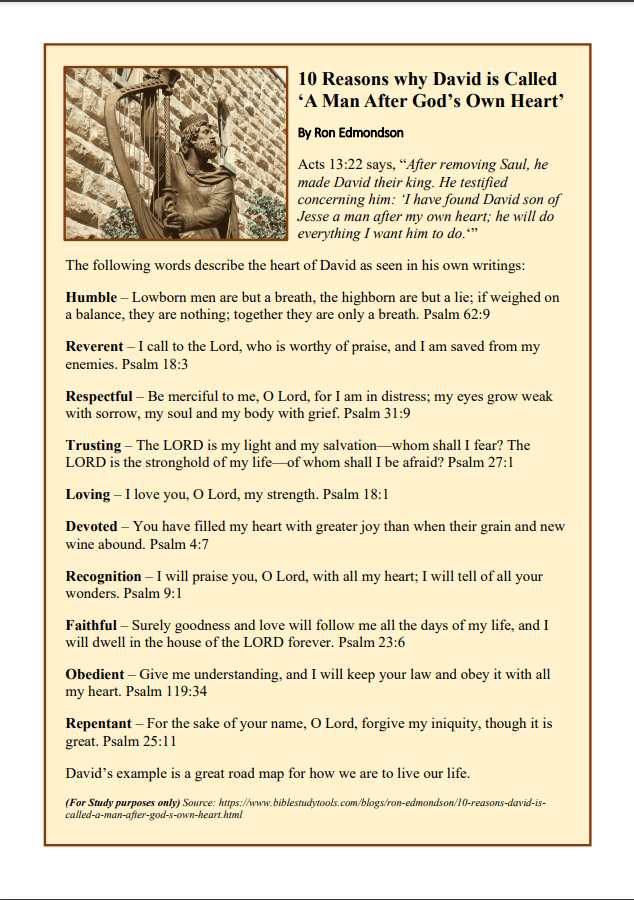
by Ian Kuhlmann | Oct 20, 2025 | Thoughts on the Parsha
The Hydro-Powered Ark of Noah.
Envision a deluge over all the earth, mountainous waves pounding back and forth, crashing upon the Ark, drowning every living soul outside, until no dry land remains, and no life endures. Not only did Noah experience this long ago. This is also the world into which all living souls are thrown into. The waves represent stress and anxiety of indecision, not knowing which way to turn or upon whom to rely on. Up and down, hot and cold, constantly churning back and forth, trying to drown the life out of you. The secret one must know is that these are truly peaceful waters. It is a matter of perception. Why are they called “the waters of Noah”? Because their energy can be harnessed to achieve true serenity. Ruach Hydro Power. Do as Noah did and build yourself an ark. The word ‘ark’ in Hebrew is teivah, which also means “a word.” Your ark shall be the words of Torah and of prayer, accompanied with acts of kindness. When the waves rage—whether from outside or from within your own heart—direct their power into those harmonious words of Torah promises Rather than being drowned with everything else, let the mighty energy of the mountainous waters carry you upward—into a serene world you could never reach without them.
Blessings and Shalom aleichem
Ian Kuhlmann
by Edat | Nov 5, 2020 | Thoughts on the Parsha
Noah and Abraham were considered righteous. So, what does it mean to be righteous?
Rabbi Sha’ul, Rabbi Paul had a great many problems in his congregation because of the confusion caused by those who would try and hijack the simple and freeing truth that righteousness is not earned through religious activity, but bestowed on us Y’HoVaH [יְהֹוָה]. He calls us righteous when we have faith in His plan of salvation and when we dutifully follow Messiah in obedience to the Written Torah.
There is a duel blessing for doing so, both in Heaven and on Earth. How would we ever know how to love Y’HoVaH as well as love our neighbours if we discard the Written Torah—heaven forbid.
However, it’s another thing altogether to rely on our own ability to become righteous. We are surrounded by laws, regulations and statutes which take away our freedoms. Of course, many will say that these are necessary because they keep us free, but this is not true. Freedom comes by following God’s laws and His statutes. Yeshua sums this up beautifully when He sees the harm that religious bondage has on all who would come under its spell.
We demonstrate our trust by our actions. Yet we still make mistakes. Can we ever be perfect? How is it possible that Y’HoVaH [יְהֹוָה] expects us to be perfect? God says we should strive for this expectation: it can only be because He demanded the same thing from Adam, Abraham, Moses the Israelites and Yeshua. He demanded that they love and obey Him with all their heart, soul, mind and might—and He said they that it was ‘not too difficult’.
The main reason as I see it, is that Y’HoVaH [יְהֹוָה] cannot use us if we are not loyal to Him. Faith is not loyalty—thinking good thoughts, saying right things and doing good works demonstrate loyalty. Don’t you think?
Y’HoVaH [יְהֹוָה] needs us to demonstrate our faith through our works. How well we keep the commandments does not prevent us from entering Heaven, but it does determine how effective we will be once we are in His Kingdom. Matthew 5 is very explicit on this point.


